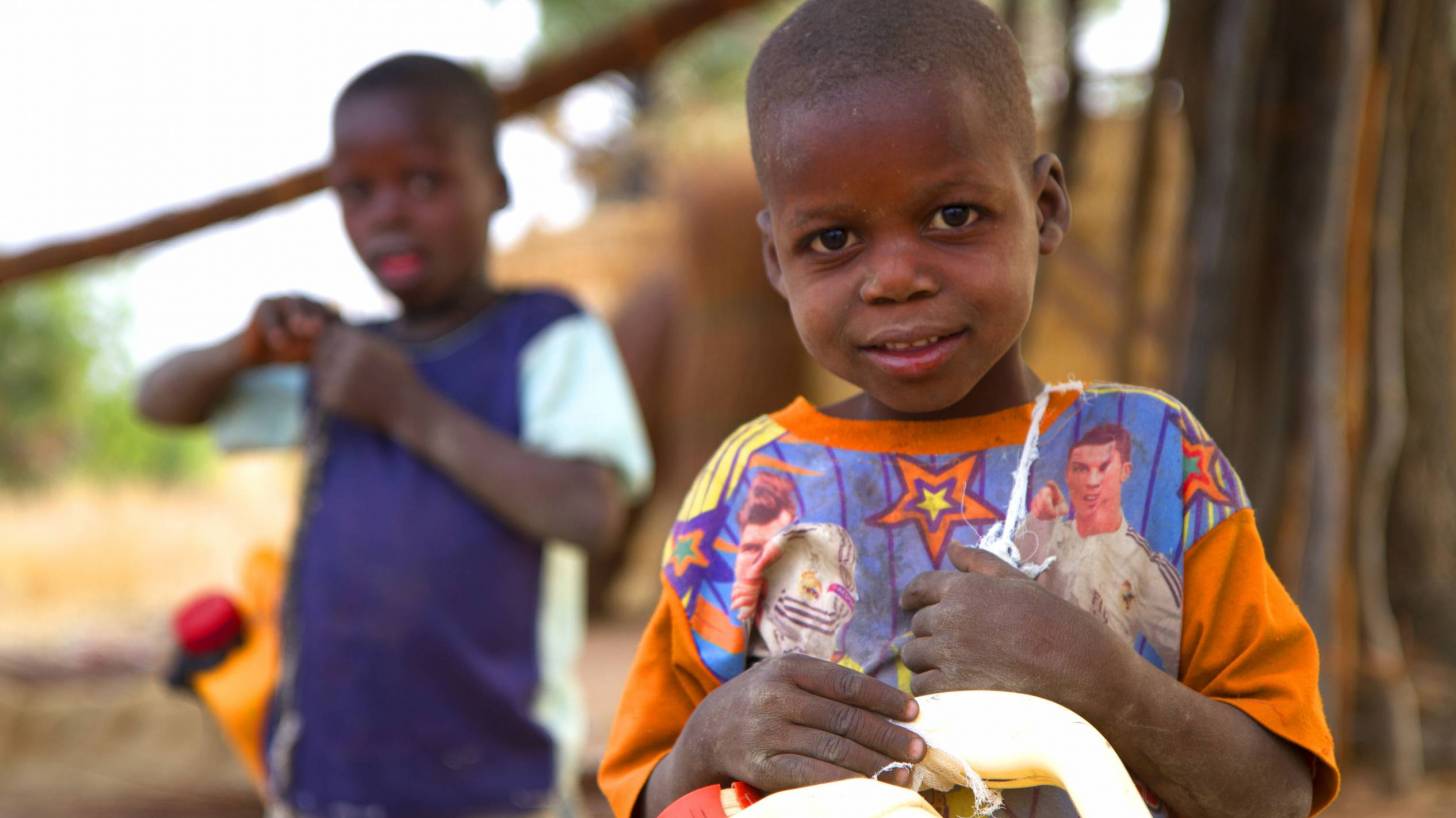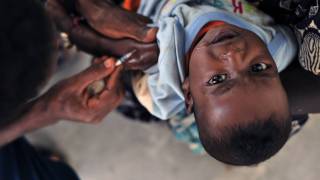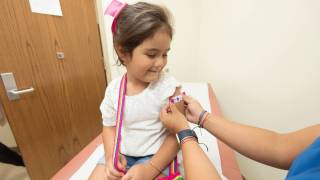Visiting Nigeria Has Extensive Health Risks

Before visiting the country of Nigeria on the Gulf of Guinea of Africa, the Centers for Disease Control and Prevention (CDC) recommends you protect yourself from infectious diseases, prior to departure.
This CDC Travel Alert is because Nigeria is now reporting unacceptable vaccination rates.
According to the 2017 Multiple Indicator Cluster Survey (MICS), 75 percent of Nigerian children under the age of 5 are not fully immunized.
This means, most Nigerian children are ‘shedding’ infectious diseases.
“Once again, devastating results prove the necessity of a strong immunization program. When traveling abroad, it is crucial to consult with a pharmacist or other healthcare provider to ensure that you are adequately protected from vaccine-preventable diseases before departure,” said Chris Felton, PharmD Clinical Pharmacist MTM and Immunization Specialist Brookshire Grocery Company.
And, if you are not fully immunized, your risk of catching an infectious disease is increased.
The MICs report shows that the vaccination percent varies by region, such as:
- South West has the highest number of children fully vaccinated with over 47.9 percent,
- South with 38 percent,
- South East with 36.5 percent,
- North Central with 26.2 percent
- North East with 17.5 percent, and
- North West with only 7.9 percent.
This MIC report further showed that immunization coverage for pentavalent vaccine between the 36 states varies dramatically, from 80 percent in Lagos to just 3 percent in Sokoto.
Additionally, the 2017 MICS shows that vaccine-preventable diseases account for 40 percent of all childhood deaths in Nigeria.
According to the report, since measles is a highly contagious viral disease, large outbreaks continue to occur in these countries, especially in Nigeria.
This CDC Travel Alert warning is because Nigeria tops the list of countries with unvaccinated children from measles with 3.3 million children, followed by India with 2.9 million, Indonesia has 1.2 million, Ethiopia with 0.9 million and the Democratic Republic of Congo with 0.7 million.
The leading reason for this unacceptable trend is the location of Primary Health Centres in these areas which are few and far between, forcing many women and children to travel long distances in order to access immunization services.
According to the World Health Organisation (WHO), UNICEF and Global Vaccine Alliance believed that immunization is one of the world's most successful and cost-effective health interventions ever invented.
In the views of UNICEF Representative in Nigeria, Mohamed Malick Fall, “All children no matter where they live or what their situations are, have the right to survive and thrive, safe from deadly diseases.
"Vaccination acts as a shield, keeping families and communities safe. By vaccinating children, we are protecting the most vulnerable members of the communities," said Fall.
In Nigeria, the Government has developed an ambitious 10-year national Immunisation and Primary Health Care Systems Strengthening Plan, that aims to reverse the current negative trends.
The CDC suggests travelers to Nigeria review these immunization options prior to departure.
Additionally, the following is a CDC list of diseases people may face when traveling in Nigeria, without an available vaccine.
And finally, the CDC says the risk of contracting the Zika virus is elevated in Nigeria.
Since a Zika infection during pregnancy can cause serious birth defects, the CDC says pregnant women should not travel to Nigeria. Partners of pregnant women and couples planning pregnancy should take preventive steps.
In the USA, certified pharmacies offer travel vaccines and vaccination appointments can be scheduled at this link.
The CDC Vaccine Price List provides the private sector vaccine prices for general information, and vaccine discounts can be found here.
Vaccines, like any medicine, can have side effects, says the CDC. You are encouraged to report negative side effects of vaccines to the FDA or CDC.
Our Trust Standards: Medical Advisory Committee

























